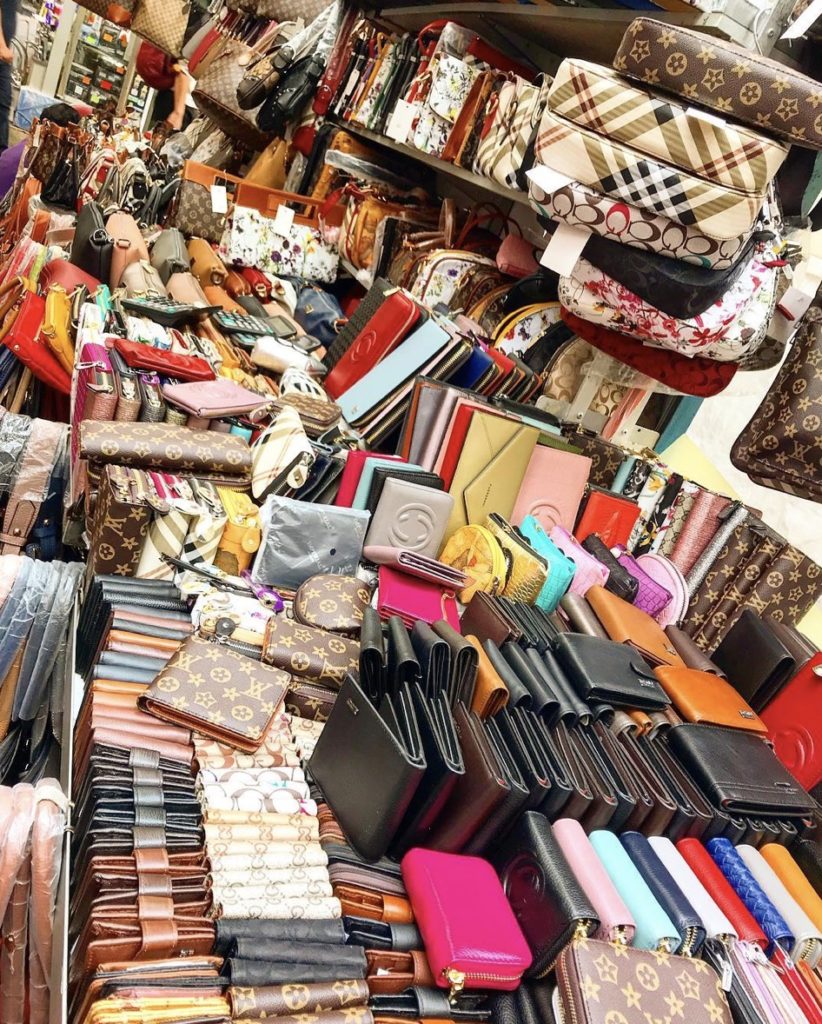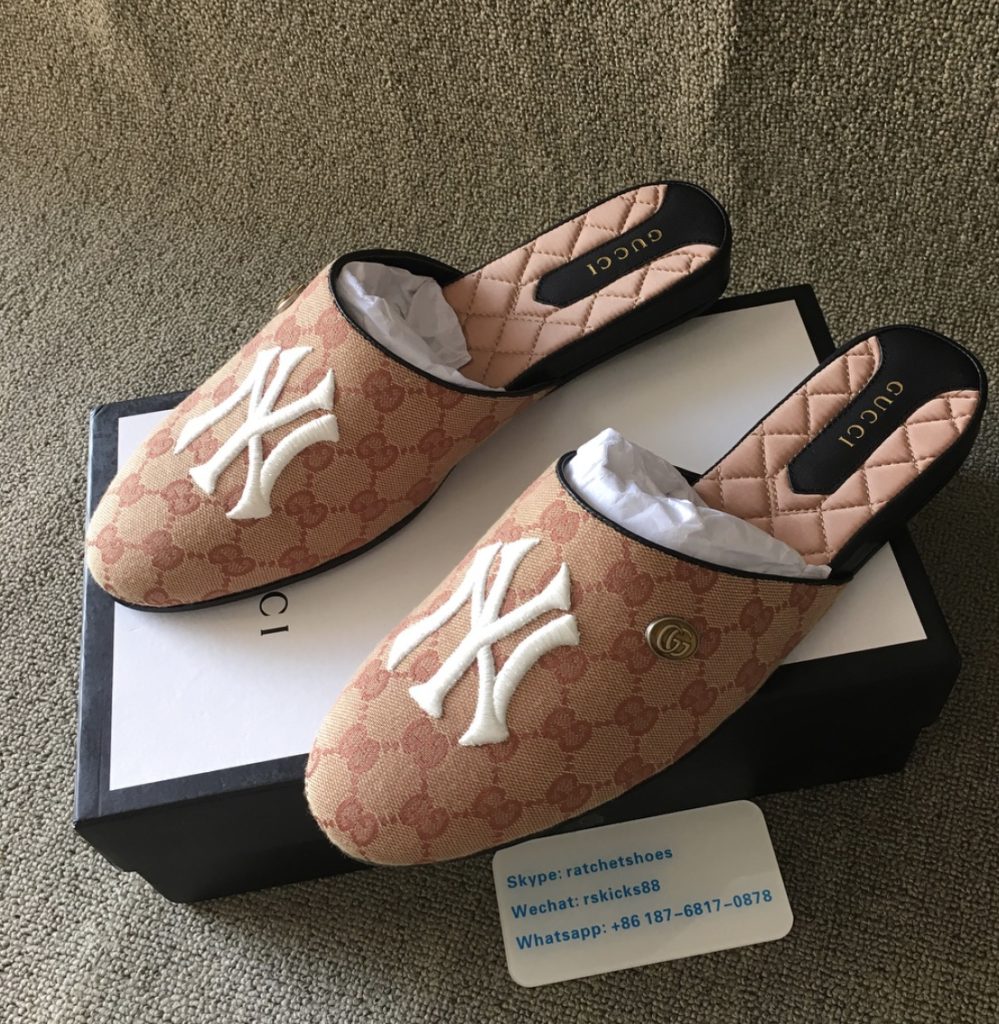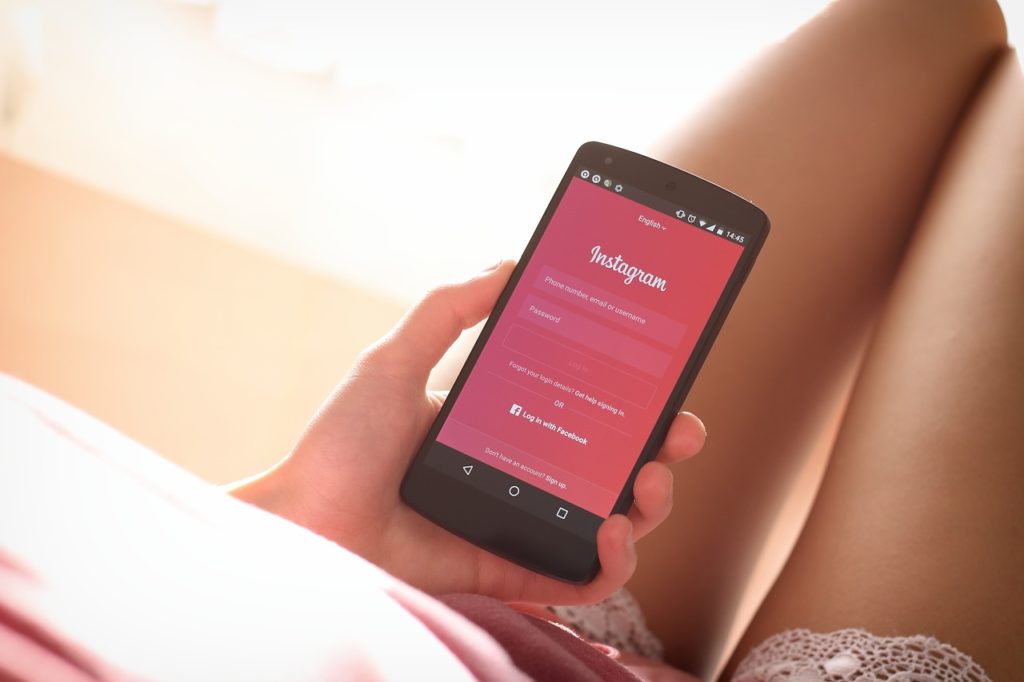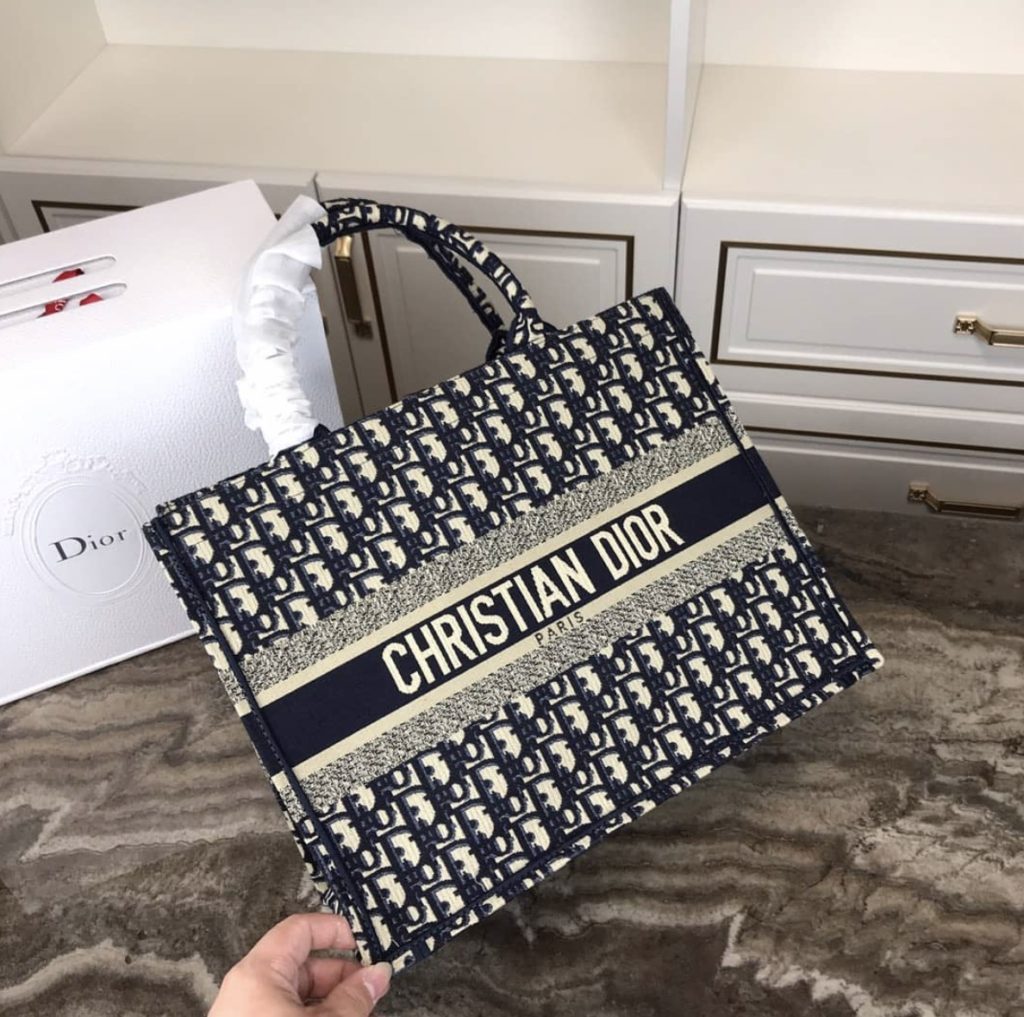You used to have to venture into underground markets or scour the streets of Manhattan to get your hands on a knockoff purse or counterfeit item of clothing.
Now, all it takes is a few scrolls through Instagram and a couple of clicks.
A new report from Ghost Data analytics firm has revealed that Instagram has become a marketplace for buying and selling knockoffs. The study, published in April, found that nearly 20 percent (!!!) of fashion product-related posts feature counterfeit products.

Items range from fake designer purses to shoes, and sunglasses, and it found more than 50,000 accounts in the knockoff game. This stat marks a notable 171 percent increase from its 2016 figures, which identified 20,000 accounts promoting and selling counterfeits.
The knockoff scammers are the key holders to these extremely active accounts and have collectively amassed more than 65 million posts on Instagram and 1.6 million Instagram Stories a month (where content conveniently disappears after 24 hours, helping the counterfeiters’ cause), according to Ghost Data.
The company says the most commonly counterfeited brands include Gucci, Chanel, Balenciaga, Louis Vuitton, and Dior – luxury labels that the average fashion-lover can’t exactly scoop up without saving some serious coin or racking up the credit card.

The thing is that many of these counterfeit products are virtually undistinguishable from the real deal – especially in an Instagram photo. The researchers found that for each luxury brand’s hashtag – i.e. #dior, #gucci, or #prada results in about 15 percent of posts involved accounts that are active in counterfeiting practices.
While the appeal of certain knockoffs (especially the really good ones) to some is understandable, the sale of such goods is far from harmless.
Not only does it compromise the integrity of long-established and legitimate brands and negatively impact sales, but it isn’t exactly a secret that the counterfeit industry has been linked to funding terrorism and other criminal rings.
The research findings come at a time when Instagram is venturing further into the e-commerce game with its recent launch of their in-app payment system a few months back. Prior to this, customers were redirected to websites and online stores to buy items promoted via the carefully curated Instagram accounts of influencers.
So, what’s Instagram doing in response to its counterfeit problem? Apparently, not much.

It seems the company is offering more talk than action when it comes to cracking down on the counterfeits. According to NBC News, a spokesperson for the social media giant said that the company takes “IP rights, including issues around counterfeiting, very seriously,” and that Instagram has a “strong incentive to aggressively remove counterfeit content and block the individuals responsible from our platform.”
Instagram reps said that they have directed more resources into an initiative that allows intellectual property rights owners or authorized brand representatives to report counterfeit-laden content.
This content will then be removed from the platform. This is something that regular Instagram users are not currently allowed to do. The company typically responds to posts flagged as counterfeit within one day.
Yet, according to the numbers, the counterfeit problem only continues to grow.
For insiders, Instagram hasn’t been responsive enough. “The luxury brands I speak to are frustrated because it’s so easy to find these accounts, but Instagram is not very responsive,” Andrea Stroppa, CEO of Ghost Data told NBC News. It’s not always easy to tell the real from the knockoff, after all.

The bottom line is that sites like Instagram have helped the counterfeit industry grow – and consumers are as well if they opt to scoop up the knockoffs from such sites.
Featured Image: Pixabay
Articles You May Be Interested In:
Instagram Launches Shopping Feature in Canada
How Dollarama Became The Retail Champion Of Knock-Offs
Why Counterfeit Makeup Is Never Worth The Bargain
6 Of The Most Instagrammable Spots To Visit In Toronto
How Chinese Retailers Of Counterfeit Goods Are Able To Bend The Law
